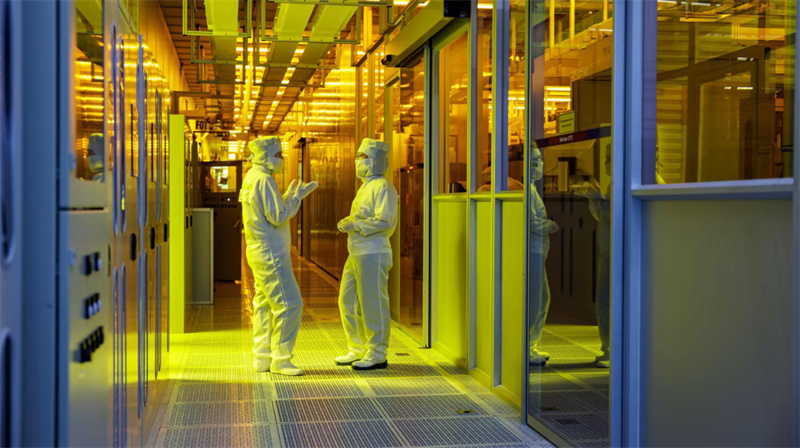The German government is set to invest billions of euros into the country's semiconductor sector, aiming to foster the development of cutting-edge chip production capabilities. This move comes just two months after Intel postponed plans for a €30 billion ($32 billion) chip factory in Magdeburg, one of the biggest projects under the European Union's (EU) Chips Act.
The new subsidies are expected to total approximately €2 billion ($2.11 billion), though exact figures are still being finalized. A spokesperson from Germany's Ministry of Economic Affairs confirmed the funding would fall within the "low single-digit billion range," but declined to offer further specifics. These new funds are part of Germany's broader strategy to create a strong, self-sufficient microelectronics ecosystem within Europe.
The newly allocated subsidies will be used to support semiconductor companies working on projects that push the boundaries of current technology. These include initiatives focused on raw wafer production, microchip assembly, and other key areas essential for the growth of Germany's semiconductor sector.
“The funded projects should contribute to a strong and sustainable microelectronics ecosystem in Germany and Europe,” said Annika Einhorn, a spokesperson from the economic ministry. The ministry has already opened calls for chip companies to apply for these funds, with the final allocations set to be determined in the coming months.

This investment comes as part of Germany's and the EU's broader push to reduce reliance on Asian suppliers for advanced semiconductor production. The European Chips Act, passed in 2023, aims to help Europe capture 20% of global semiconductor production capacity by 2030. However, Germany's chip sector has faced setbacks recently, including Intel's delay in its Magdeburg factory plans and the cancellation of a project between Wolfspeed Inc. and ZF Friedrichshafen AG in western Germany.

Despite these challenges, Germany's economic ministry is moving forward with plans to support 10 to 15 semiconductor projects. These initiatives are expected to range across various areas of the industry, from wafer production to chip assembly, and will play a key role in reinforcing Europe's microelectronics capabilities.
The new subsidies, while aimed at ensuring Germany's leadership in semiconductor manufacturing, are also part of a wider global trend. Governments worldwide are investing in local semiconductor industries, seeking to secure supply chains and reduce vulnerability to geopolitical risks, such as the ongoing tensions between the U.S. and China over Taiwan.
With these new investments, Germany hopes to bolster its semiconductor ecosystem and contribute significantly to Europe's ambitions for semiconductor independence.
+86 191 9627 2716
+86 181 7379 0595
8:30 a.m. to 5:30 p.m., Monday to Friday
